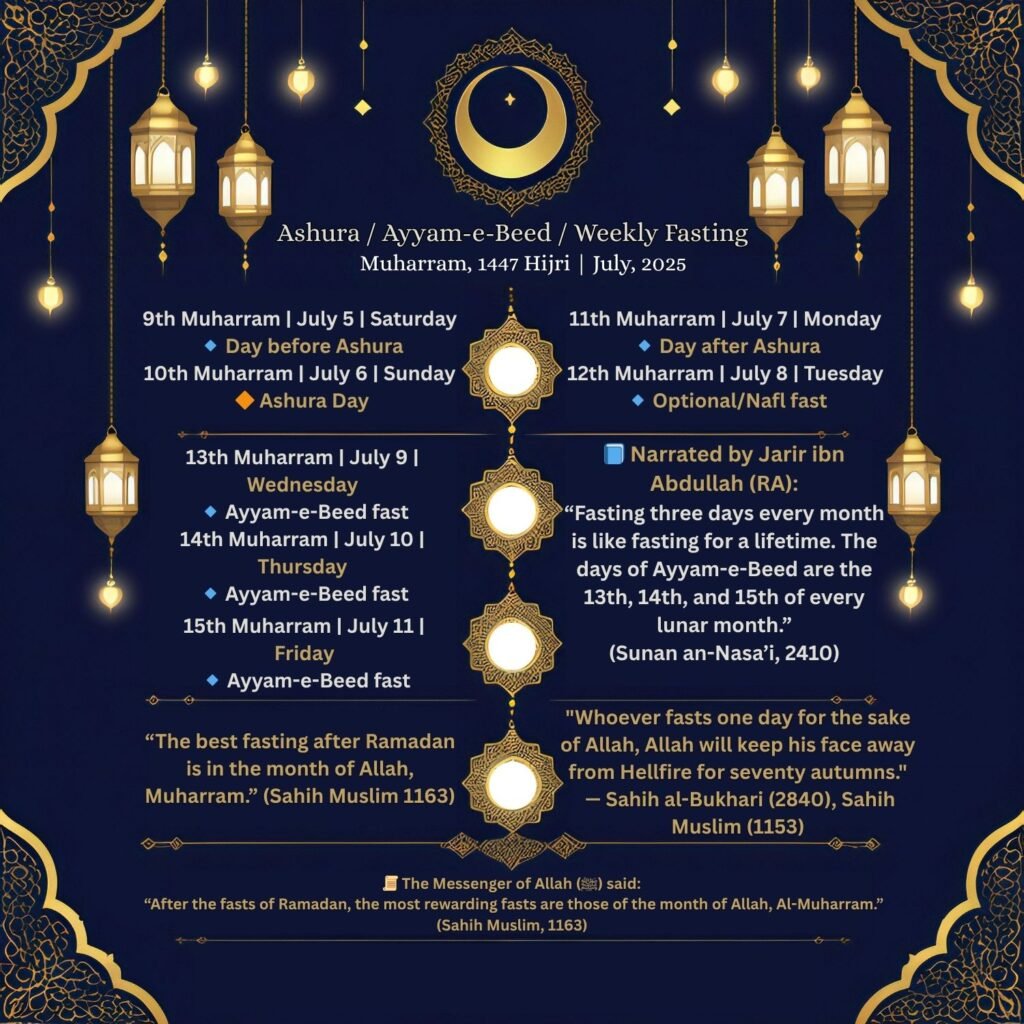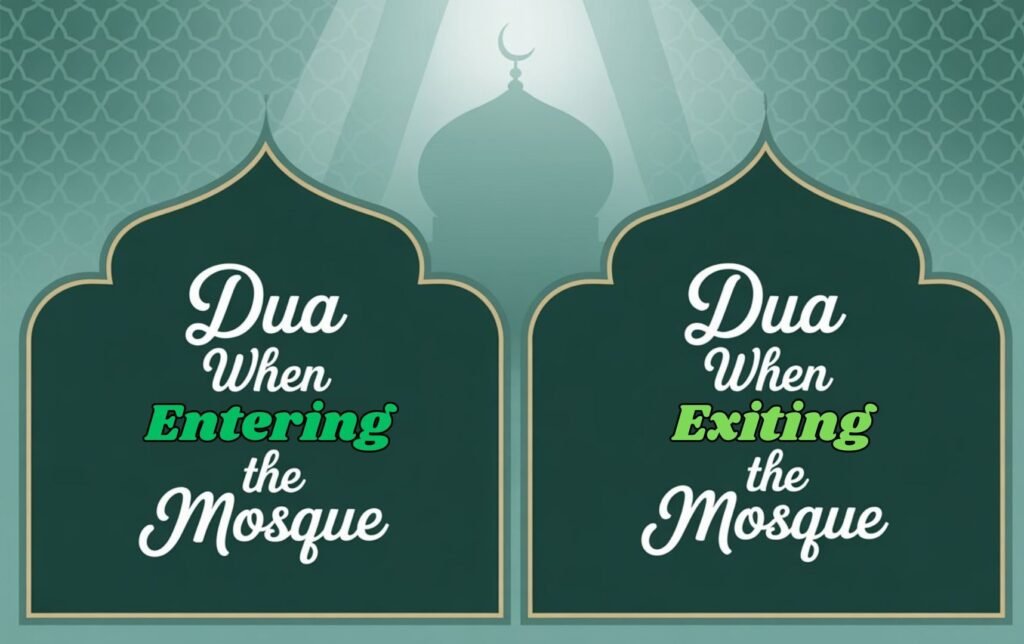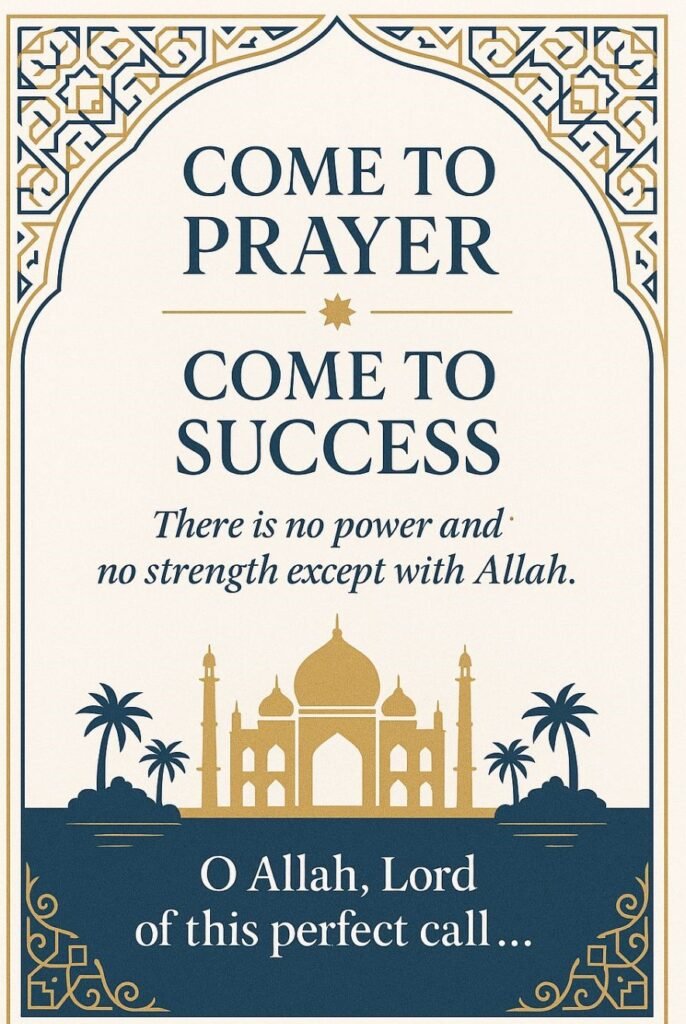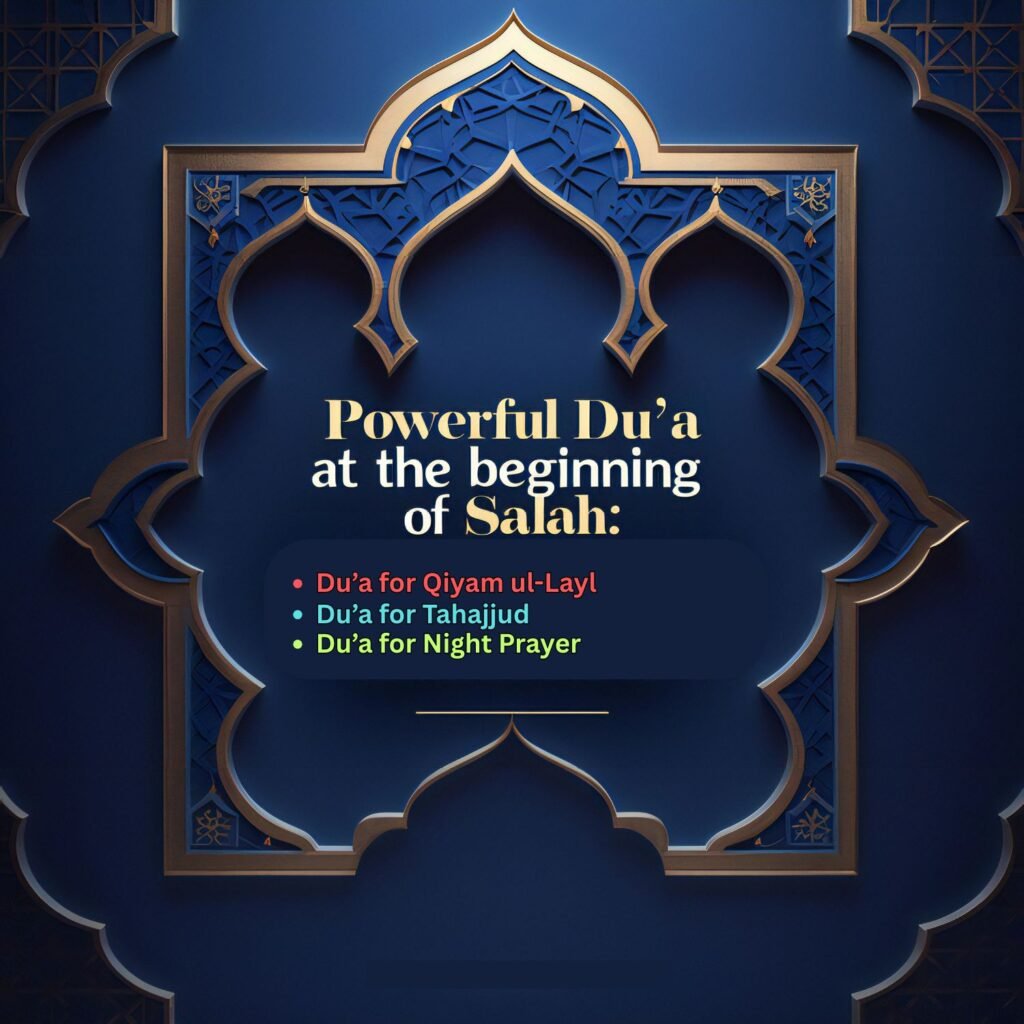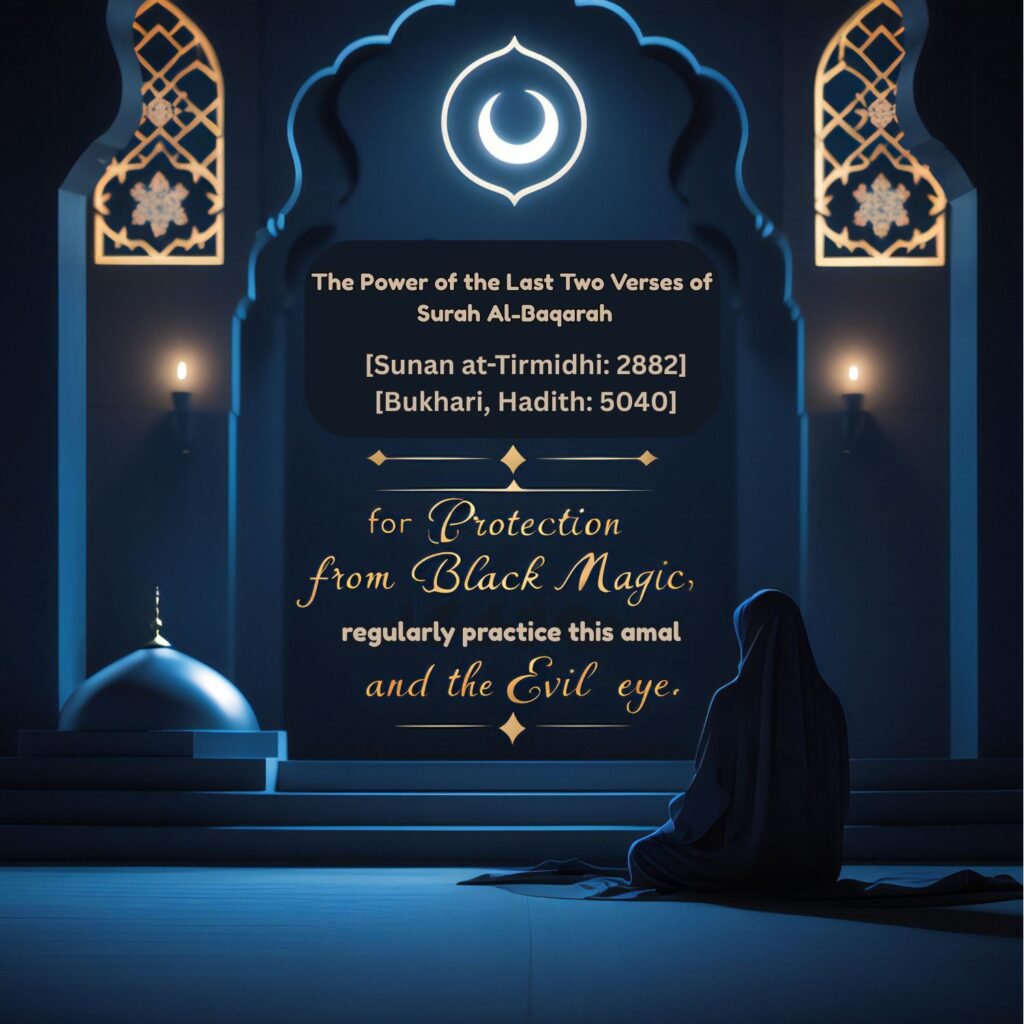Dua for Someone Wearing New Clothes #1
اِلْبَسْ جَدِيْدًا وَعِشْ حَمِيْدًا وَمُتْ شَهِيْدًا
Wear new clothes, live praiseworthily, and die as a martyr.
Ilbas jadeedan, wa ‘ish hameedan, wa mut shaheedan
Sunan Ibn Majah 2/1178, Hadith No. 3558; Al-Baghawi, 12/41 — see Sahih Ibn Majah 2/275.
Dua for Someone Wearing New Clothes #2
تُبْلِيْ وَيُخْلِفُ اللّٰهُ تَعَالٰى
May you wear it out and Allah, the Most High, replace it for you.
Tublee wa yukhliful-lahu ta‘ala
Sunan Abu Dawud 4/41, Hadith No. 4020; see Sahih Abu Dawud 2/760.
Some Extra Hadith Related to Clothes
Narrated from Ma‘rur (rahimahullah):
He said: I once met Abu Dharr (radiyallahu ‘anhu) in a place called Rabadhah. At that time, he was wearing a pair of clothes (lower garment and upper garment) and his servant was also wearing the exact same type of clothes. I asked him the reason for this, and he said:
“One time I insulted a man and shamed him regarding his mother. Then the Messenger of Allah (ﷺ) said to me:
‘O Abu Dharr! Did you shame him regarding his mother? You are a person in whom there still remains some of the characteristics of the pre-Islamic era. Be aware that your servants are your brothers. Allah has placed them under your authority. So whoever has his brother under his authority, let him feed him from what he eats, and clothe him from what he wears. Do not burden them with work beyond their capacity, and if you do burden them, then help them in it.’”
(2545, 6050; Muslim 27/10, Hadith 1661; Ahmad 21488) (Modern Publication: 30, Islamic Foundation: 30)
Sahih al-Bukhari, Hadith No. 30
Hadith Status: Sahih
Narrated from Ibn ‘Abbas (RA):
He said: I am testifying before the Prophet (ﷺ), or the subsequent narrator ‘Ata (RA) says, I am testifying before Ibn ‘Abbas (RA) that the Prophet (ﷺ) (on the day of Eid, from the men’s rows) came out, and with him was Bilal (RA). The Messenger of Allah (ﷺ) assumed that, due to being far away, his advice had not reached the women. So he advised them and instructed them to give charity. Then the women began giving charity in the form of earrings and rings. And Bilal (RA) began collecting them in the edge of his garment.
Isma‘il (RA), through ‘Ata (RA), says that Ibn ‘Abbas (RA) said: I testify before the Prophet (ﷺ).
(863, 962, 964, 975, 977, 979, 989, 1431, 1449, 4895, 5249, 5880, 5881, 5883, 7325; Muslim 8/1 Hadith 884, Ahmad 3064) (Modern Publication: 97, Islamic Foundation: 98)
Sahih al-Bukhari, Hadith No. 98
Hadith Status: Sahih
Narrated from Sa‘id ibn Jubayr (RA):
He said: I said to Ibn ‘Abbas (RA), “Nawf al-Bikali claims that Musa (‘alayhis-salam) [the one who met Khidr (‘alayhis-salam)] was not the Musa of Banu Isra’il, but another Musa.”
He replied: “The enemy of Allah has lied. Ubayy ibn Ka‘b (RA) narrated to us from the Prophet (ﷺ) that Musa (‘alayhis-salam) once stood up among the people of Banu Isra’il to deliver a sermon. He was asked, ‘Who is the most knowledgeable person?’ He replied, ‘I am the most knowledgeable.’ So Allah admonished him, because he did not attribute knowledge to Allah. Then Allah revealed to him: ‘Among My servants there is a servant at the junction of the two seas who is more knowledgeable than you.’
He said: ‘O my Lord! How can I meet him?’
It was said to him: ‘Take a fish in a basket; where you lose it, there you will find him.’
So he set out with Yusha‘ ibn Nun, carrying a fish in a basket. On the way, they came to a large rock and lay down to sleep. The fish slipped out of the basket, made its way into the sea, and disappeared through a tunnel-like path. This was amazing for Musa (‘alayhis-salam) and his servant. They continued their journey for the rest of the day and night. In the morning, Musa (‘alayhis-salam) said to his servant: ‘Bring us our breakfast; indeed, we have become very tired in this journey.’ And Musa (‘alayhis-salam) did not feel tired until after they had passed the place he had been instructed about.
His companion said: ‘Did you notice? When we rested at the rock, I forgot about the fish.’ Musa (‘alayhis-salam) said: ‘That is what we were seeking!’ So they retraced their footsteps until they reached the rock, where they found a man wrapped in a garment. Musa (‘alayhis-salam) greeted him with salam. Khidr replied: ‘Where in this land is salam from?’
He asked: ‘Are you Musa?’
He said: ‘Yes.’
He said: ‘The Musa of Banu Isra’il?’
He said: ‘Yes.’
He (Musa) said: ‘May I follow you so that you teach me some of what you have been taught of right guidance?’
Khidr said: ‘You will not be able to remain patient with me. O Musa! I have knowledge from Allah that He has taught me, which you do not know; and you have knowledge which Allah has taught you, which I do not know.’
Musa (‘alayhis-salam) said: ‘If Allah wills, you will find me patient, and I will not disobey you in any matter.’
So they both set out walking along the seashore, having no boat. A boat passed by them, and they asked its crew to take them aboard. The crew recognized Khidr and took them on without payment. Then a sparrow came and sat on the edge of the boat, dipping its beak once or twice into the sea. Khidr said: ‘O Musa! My knowledge and your knowledge combined are nothing compared to Allah’s knowledge, except like the water that the sparrow has taken in its beak from the sea.’
Then Khidr removed one of the planks from the boat. Mūsā (عليه السلام) said, “They carried us without charge, yet you have damaged it in order to drown its passengers?” Khidr said, “Did I not tell you that you would not be able to have patience with me?” Mūsā (عليه السلام) said, “Do not call me to account for my forgetfulness, and do not be hard upon me in my matter.”
The narrator said: This was the first mistake of Mūsā (عليه السلام).
Then they both set out until they came across a boy playing with other boys. Khidr took hold of the boy by his head and killed him. Mūsā (عليه السلام) said, “You have killed an innocent soul without [it having killed] another soul?” Khidr said, “Did I not tell you that you would never be able to have patience with me?” Ibn ʿUyaynah (رحمه الله) said: This was sterner than the first [objection].
Then they proceeded until they came to the people of a town, and they asked its people for food, but they refused to host them. Then they found there a wall that was about to collapse, and Khidr set it straight with his own hands. Mūsā (عليه السلام) said, “If you wished, you could have taken payment for it.” He said, “This is the parting between me and you.” (Surah al-Kahf: 77–78)
The Prophet (ﷺ) said: “May Allah have mercy on Mūsā. If he had been patient, we would have been told more about their story.” [1]
(74; Muslim 43/46, Hadith 2380; Aḥmad 21167) (Modern Publication: 120, Islamic Foundation: 124)
Footnote: [1] The Qur’anic verses referred to in this ḥadīth are from Surah al-Kahf, verses 61–78.
Ṣaḥīḥ al-Bukhārī, Hadith no. 122
Hadith status: Ṣaḥīḥ (authentic)
Collected.
Read more: freeislamicimage.com


